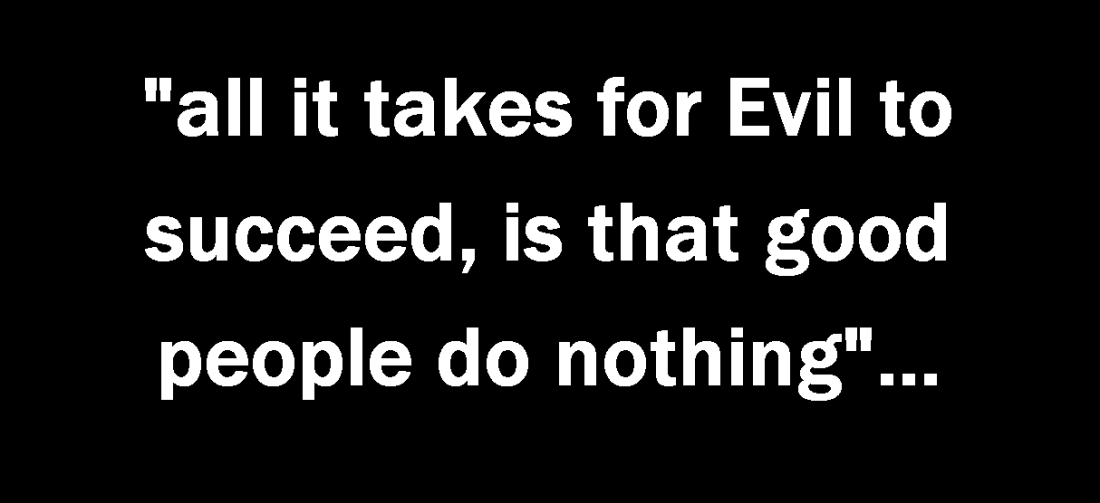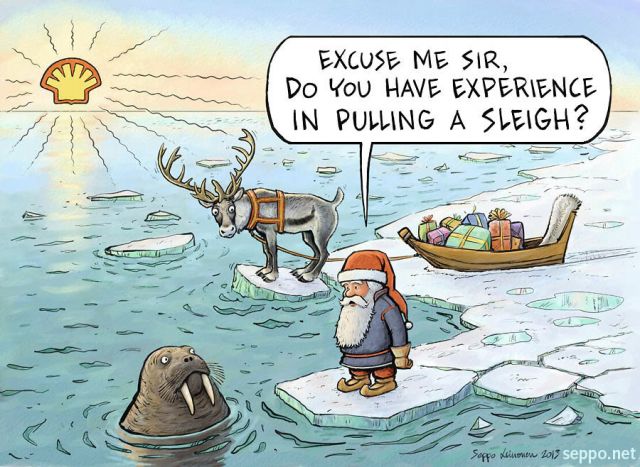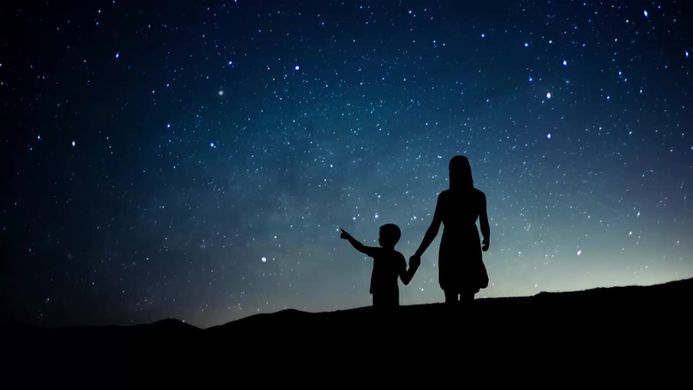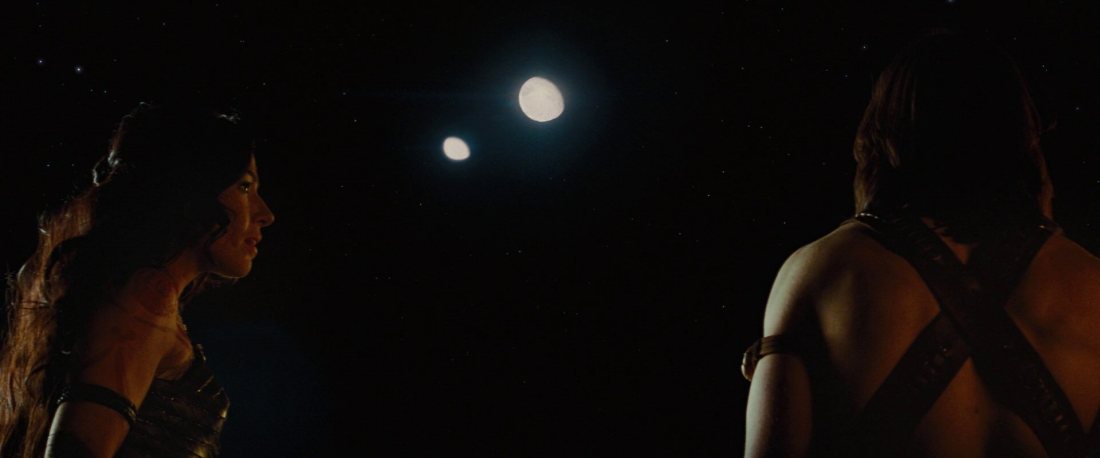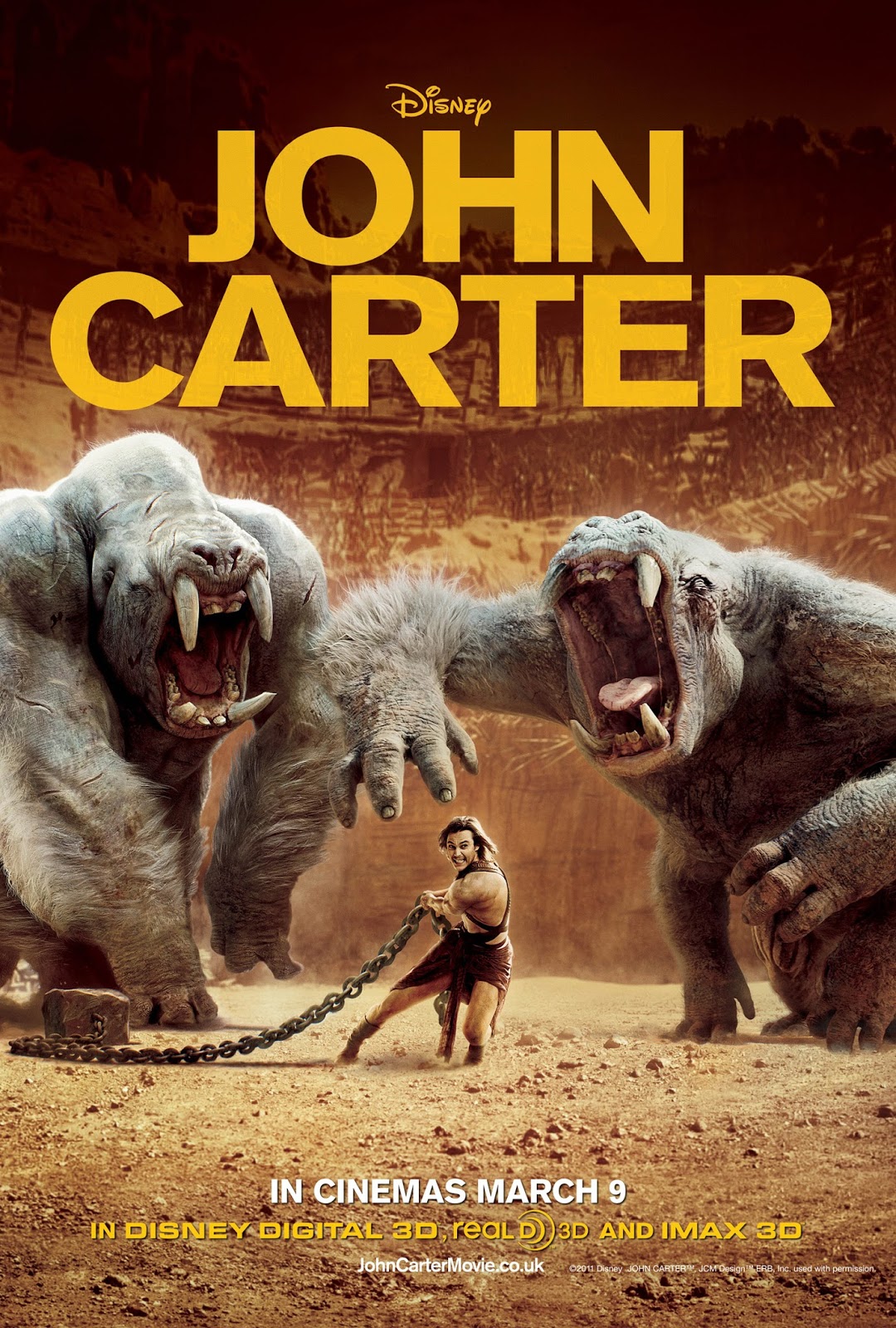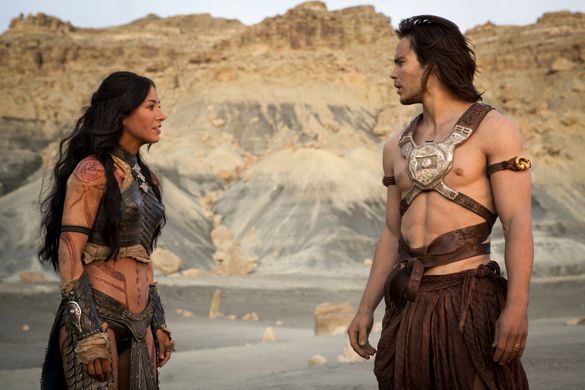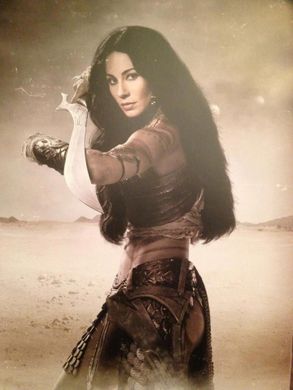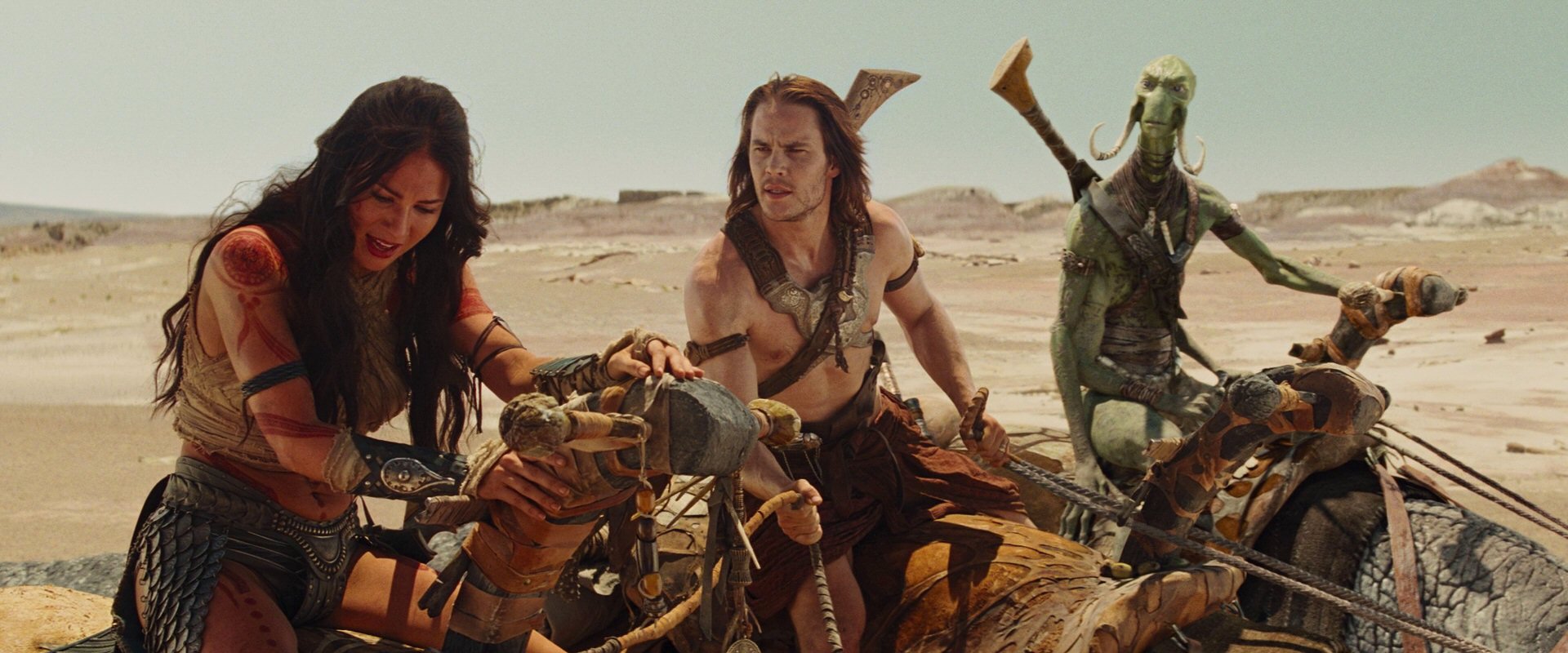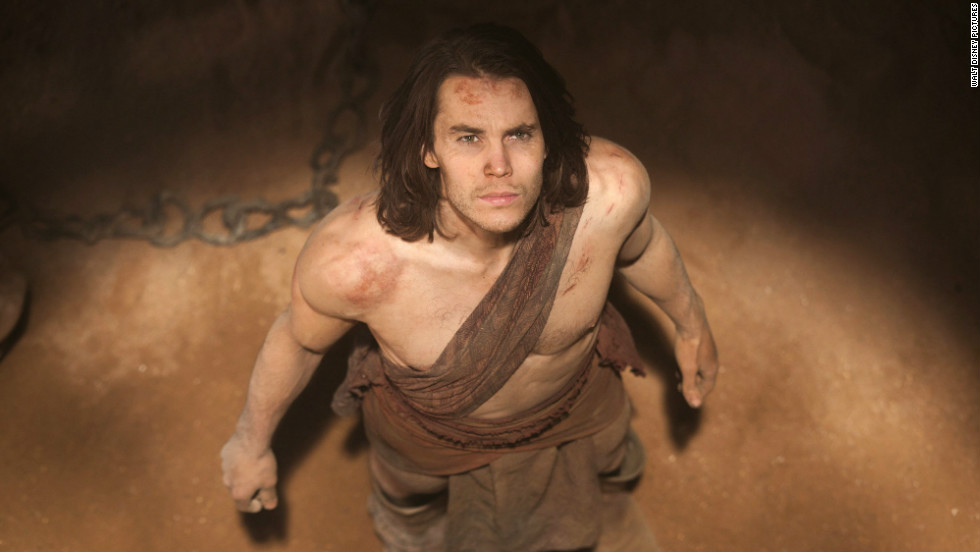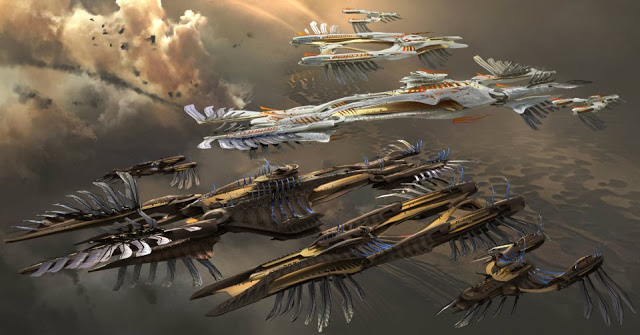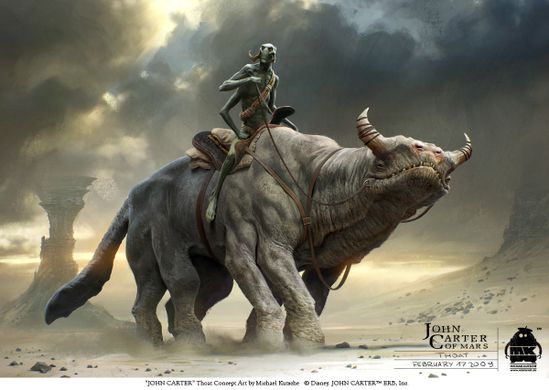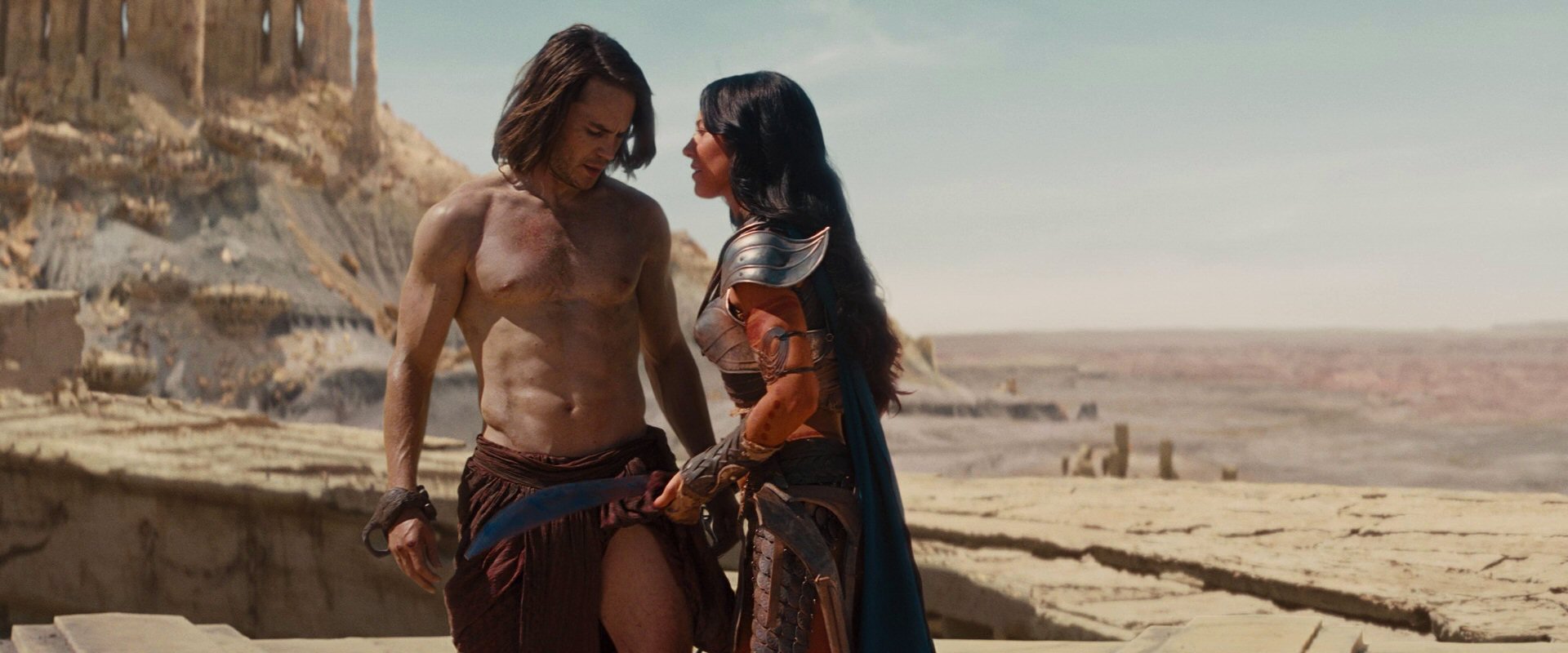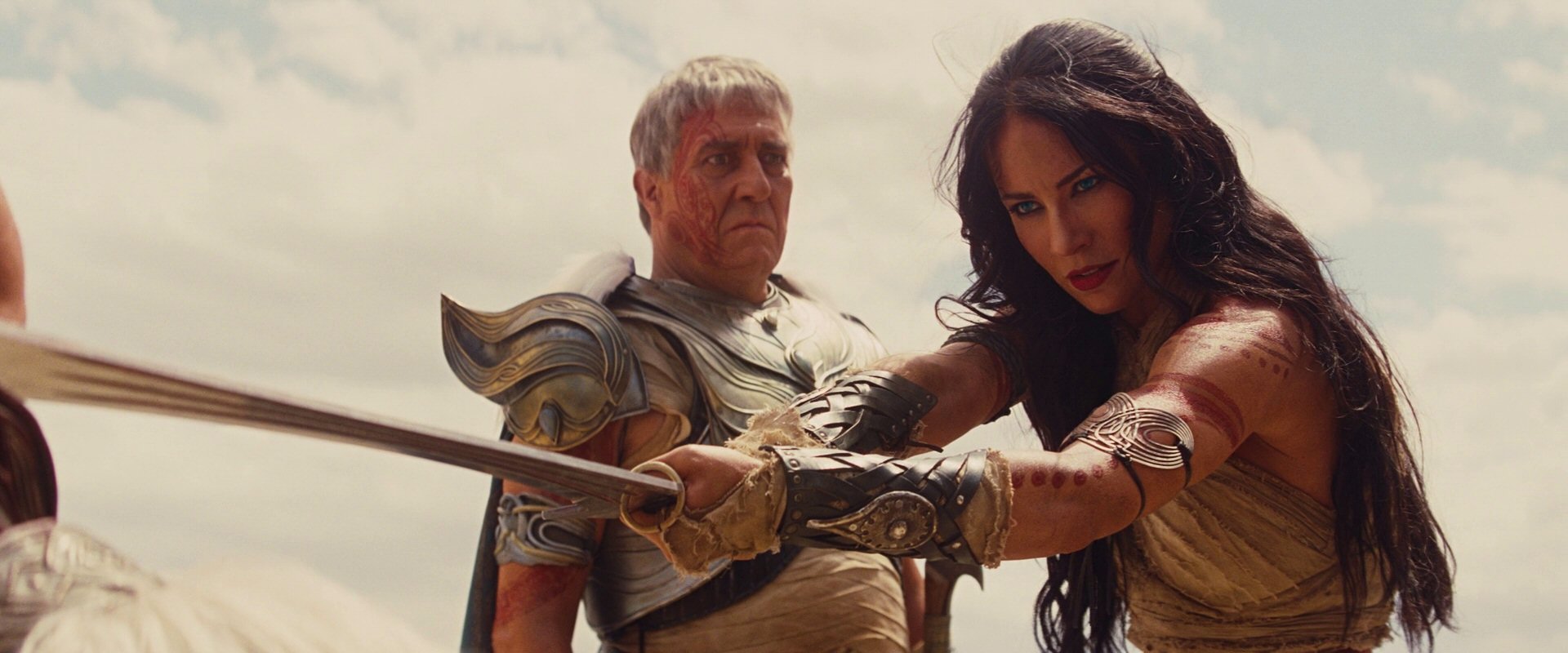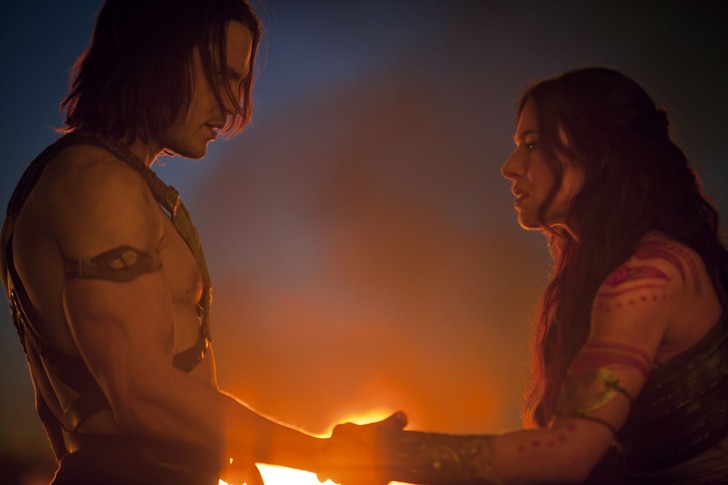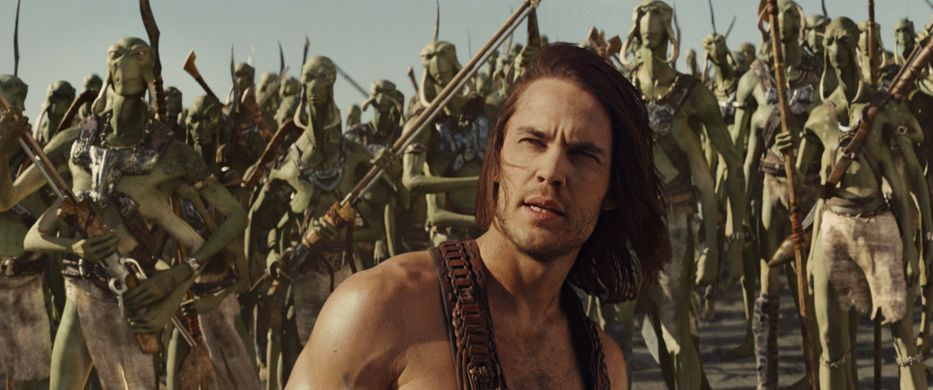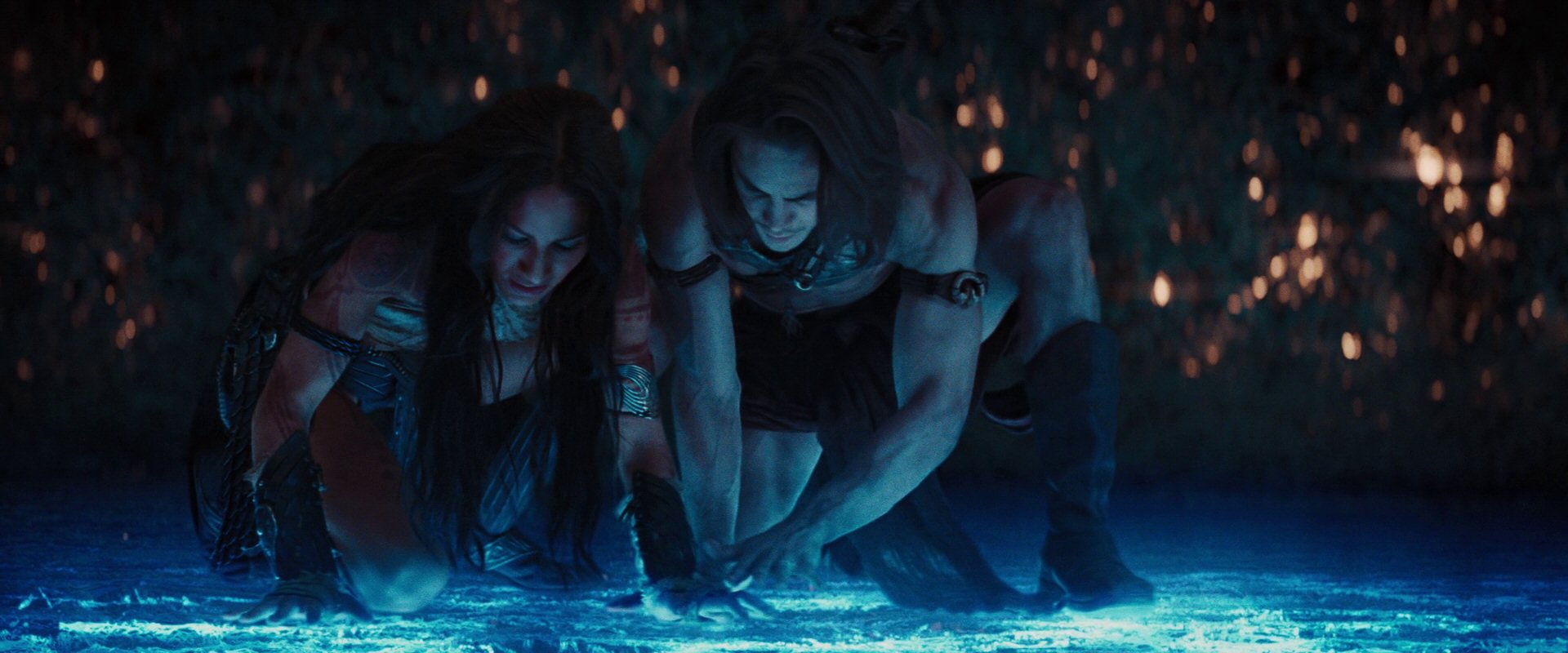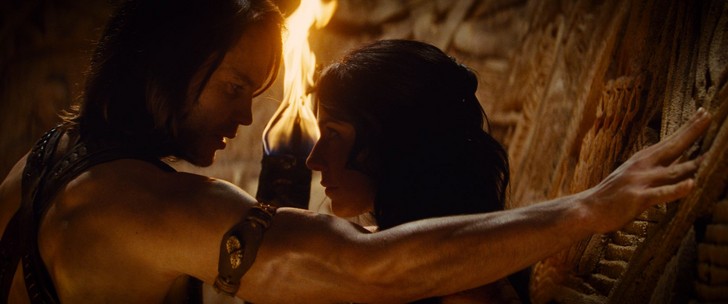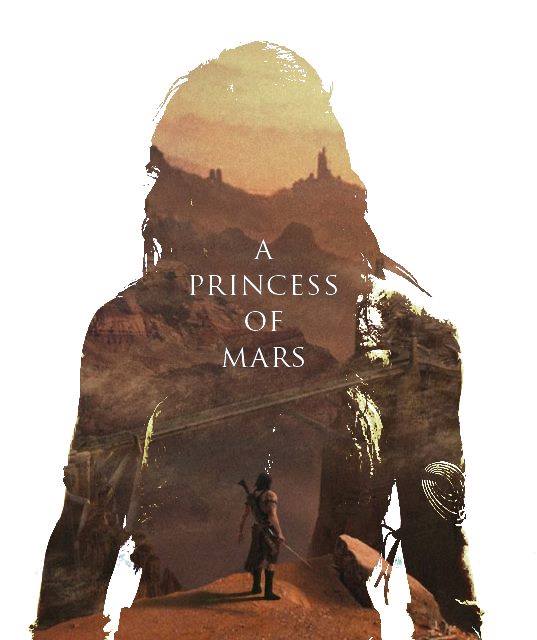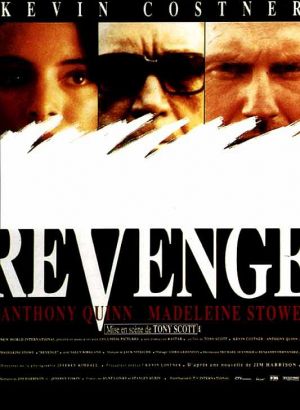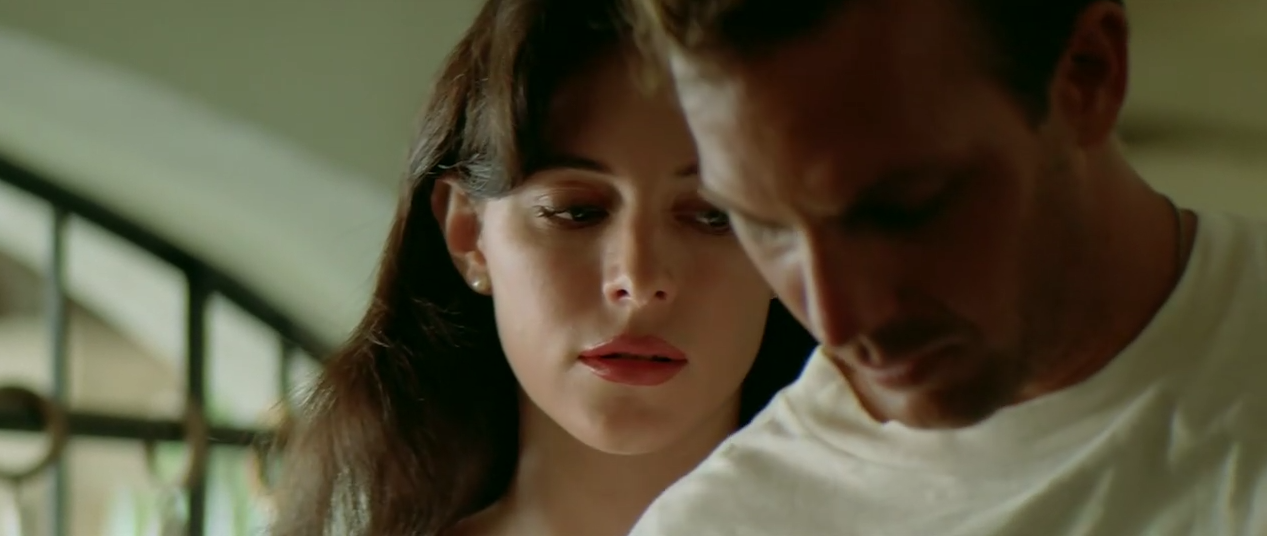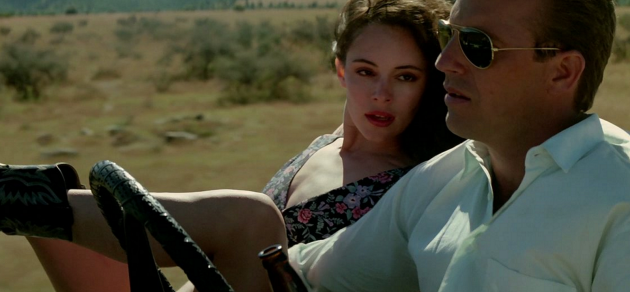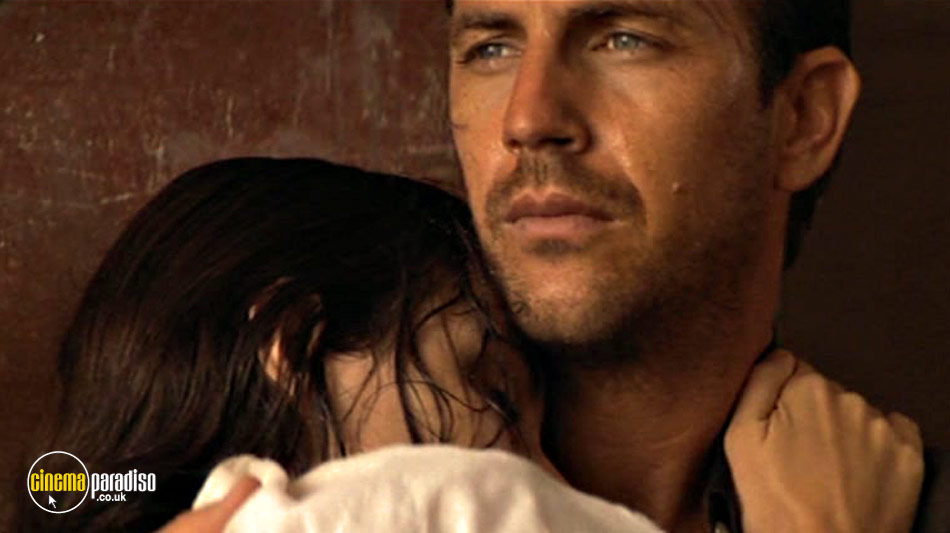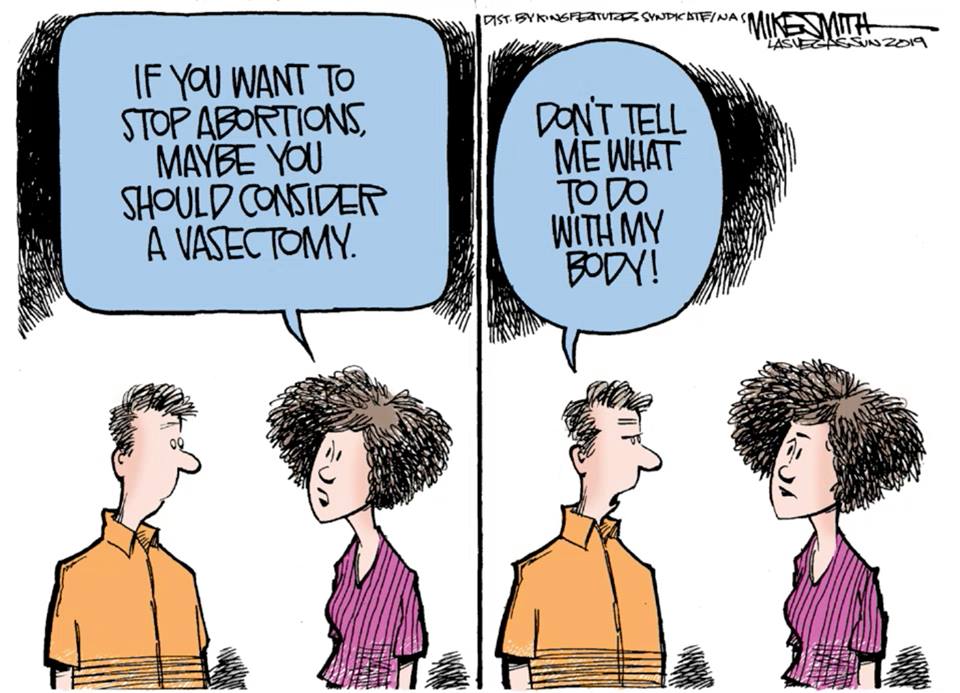
It’s Eros versus Death, always
Carl Sagan in his day spoke of “testosterone poisoning” – today’s we call it “toxic masculinity” and “it has left a generation of straight men stranded on an emotionally-stunted island, unable to forge intimate relationships with other men. It’s women who are paying the price”, sums up a recent article attempting to explain how men became emotional gold-diggers and how that, in turn, leaves women drained and frustrated.
Men still are “traditionally” raised to view emotions as a feminine trait and a weakness. Heterosexual guys are not supposed to be touchy-feely and sentimental with their buddies – that would be “gay”. So they transfer their need for emotional nurturing from their mothers to their girlfriends and wives, who are expected to become exclusive (and unpaid) male-life-support systems: surrogate mommies, lovers, sex workers, psychoanalysts, domestic doctors and man-flu treatment specialists, as well as gourmet cooks, expert gardeners, tireless housekeepers, house cleaners and decorators, incubators, educators, nannies, wet nurses and main carers of children and household pets, school-run drivers, shoppers, dog groomers, walkers and trainers, and a zillion other things; moms also have the demands of a job or two to keep up with: capitalism has worked out so great since the seventies that stagnating wages force ordinary folk to juggle two jobs just to struggle from paycheck to paycheck and protect the rich from paying their fair share of taxes.
No wonder heterosexual women with a partner and kids are prone to anxiety, stress, depression and sexual frustration – as, allegedly, many men suck in the sack: apparently, heterosexual men want their partners to orgasm not because they truly care for the woman’s satisfaction but because it boosts their own self-esteem and makes them feel more manly, (no prize for guessing that many overworked and emotionally drained women are simply faking it). Guys, we love you, and you like to hear us say that “size doesn’t matter” and “it’s not the size, it’s how you use it”. Well, learn how to use it, dammit! You can dismantle an engine and put it back together, you can write code to land spacecraft on Mars, yet so many of you still can’t find a clitoris even if we draw you a map and give you more instructions than the average guy needs for learning to drive a car…and despite this, some of you think they know our bodies, our health and our reproductive systems better than us – and what’s more, that they are entitled to dictate our choices…
Angry, Male, Christian and White.
Because of such male over-reliance and toxicity, the whole marital bliss charade turns into a vicious cycle: the more fed-up and unsatisfied women are, the less likely to orgasm and feed their men’s egos, the more insecure the uber-male man-child type gets and his deep-rooted fear and hatred of women intensifies; he develops an addiction to pornography which further feeds objectification, stereotyping and unrealistic expectations; his relationships predictably fail to fill the emotional void and satisfy him; he repeats the same scenario over and over, becoming more and more convinced after each failure that it’s the women’s fault. He turns to the internet to connect and vent, finding plenty of fellow haters among the “angry white men” of the men’s rights movement.
And yes, all men have a deep fear of, and are keen to blame women: for the majority (those that were raised by mothers), the boy’s childhood was entirely dependent on the mother-carer-and-provider-figure (the archetype he subsequently will tend to seek in every woman he gets attached to as an adult); this powerful comforting, soothing archetype is deeply imprinted in the boy’s psyche and grown men tend to expect and demand an almost maternal caring, self-sacrifice, singular devotion and unconditional love in their relationships with women; they feel entitled to this man-worship; if the woman does comply with such standards for exceptional adoration and saintly tolerance, she is a failure and this type of men feel utterly betrayed and let down in their expectations from us. “But-but-but…Mommy used to provide” (and no woman can ever measure up): the basis of misogyny.
After the traumatic realization (in psychoanalytic terms) that he does not own the mother (the Oedipus complex), when the heterosexual boy becomes sexualized, further anxiety is caused by his dependence on women for sexual release. Men who have not processed and overcome these issues tend to see women as controlling because they have the power to sexually arouse them, even to the point of embarrassment, resulting in a love-hate syndrome.
Adult women can’t possibly satisfy these extremely unrealistic expectations and of course, they also have needs and demands of their own, which many men feel inadequate to fulfill. Men who didn’t have mothers, on the other hand, may be prone to even more problematic if not pathological attitudes towards women. It’s no wonder toxic patriarchy seeks to claim ownership over women, vilifies them for “sin”, and is, in essence, a cynical plot to accuse, shame, devalue and dominate them. A strategy to deny women autonomy and independence, disempower them from the power they hold over heterosexual male sexual attraction – and for that reason, patriarchal religion had to anathematize and criminalize sex, desire, Eros. To invent sin and the asexual Virgin Mother. To portray women as disgusting, lecherous, treacherous, hysterical, satanic demons and witches. To subjugate Female sexuality and make the woman commercial property and her virginity a commodity, to be exclusively owned by the father and the husband, her body, her womb and her reproductive potential bartered, marketed, sold, transferred between overseers, consumers and users, always under the control of Church and State.
Women, especially mothers, tend to be forgiving, supportive and people-pleasing: patriarchal mothers, in particular, may spoil their sons feeding their syndromes and not helping them to heal, grow, mature psychologically and become independent. Often male sex offenders are men who are pathologically attached to their overbearing or mollycoddling mothers, or mothers whom they feel have “abandoned” them at a very young, formative age (through death, separation or adoption); often, conversely, such men may nurture a psychotic kind of misogyny which is extremely sadistic and motivated by revenge.

Susan Collins both complicit and a sucker – yes, she has proven that is a thing. One can be both criminally complicit and monumentally ignorant.
These women-hating phenomena, like Incels, are rife in the core of “Alt-right” (white nationalist and white supremacist, neo-Nazi, Christian fundamentalist, racist, homophobic) ideology, and quite prevalent among the less educated men, favoring typically “macho” male – sexist rituals, aggressive male-dominated professions and pursuits; the gun-worshiping / hunting & trophy hunting lobby and the online gaming community are awash with groups where rape is not just trivialized but also normalized and praised as a natural male superiority trait. And on many occasions, misogyny is espoused by some women who either have been duped to adopt such behaviors as empowering, liberating and advancing equality, or are cynically on the side of patriarchy, their complicity to be used in exchange for white privilege.
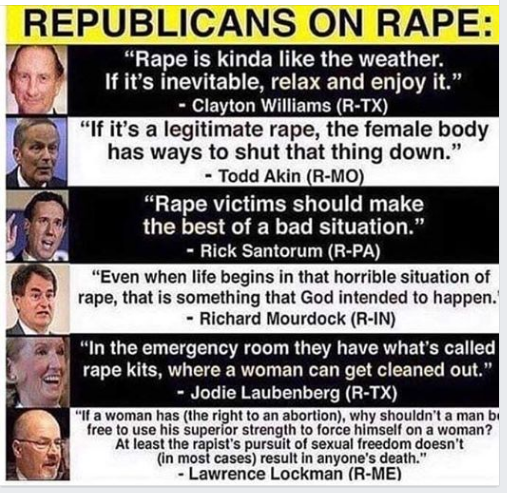
Trump is a very typical such example of an insecure, spoiled, emotionally stunted, thin-skinned, tantrum-throwing man-child brat: his white-privileged childhood did not provide him with self-respect and compassion, but armed him instead with contempt and false bravado; an illiterate proto-fascist, crude, vulgar, spiteful and arrogant, a conman who relishes mocking and belittling with impunity those who can’t fight back (exemplified by his TV persona as the “Boss” in The Apprentice and the numerous times he attempted to ridicule people, especially women, for their appearance, disabilities and presumed inferiority to him and his “billions and billions of dollars”).
He is overcompensating for his inadequacies with aggression, deception, fraud, fake qualifications, fake tan, phallic buildings, pursuit of power and wealth, shady dealing, trophy wives, judgemental objectification and “pussy-grabbing”, hyperbolic language (with emphasis on “winning” and “yooge”), exaggerating the size of his fortune, obsession with “greatness” and “ultimate” weaponry (nuclear bomb mushroom, space wars and “his” / America’s military prowess), all elements that serve the alt-right, NRA and evangelical agenda perfectly.
A text-book misogynist harboring a deep need to control, overpower and possess what money can buy, the Don is attracted to the man in the mirror, therefore to women who look like him and espouse the same anti-values: a narcissist and wannabe tyrant who admires not those who are better human beings, but those who he would love to be able to emulate – the strongman type dictators – and befriends pedophiles; entertaining sexual innuendos about his own daughter is partly auto-erotic narcissism and quite revealing, as pedophilia and rape are not about sex but power and control. The type of psychopath who fears and hates strong, independent women, he masquerades his lack of confidence by being a bully.
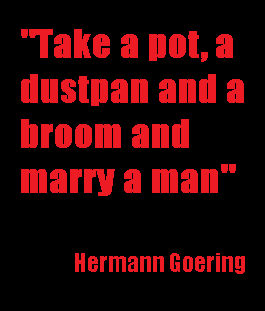
I have argued before – here – that feminism, the #MeToo movement, women in general, cannot hope to defeat misogyny on their own, despite our numbers because we have always been the target of the twin enemies that all humans regardless of gender, identity and political views are facing: Capitalism and Religion. No matter how many we are, without overthrowing the dual magisterium system, the dice are loaded against us. Rogue, neoliberal, unregulated corporate capitalism is a direct byproduct of toxic masculinity, while Religion is the tool and the strategy that allowed the male domination of human society, through monogamy, marriage and the concept of sin. Patriarchs cannot control women, women’s reproductive choices and children without these strategies. And they know it.
Sexual liberation, atheism / agnosticism, gender fluidity, homosexuality, same sex-unions and parenthood, relaxation of divorce laws and the increase in the number of couples who choose not to marry, non-conventional / non-religious intimate relationships / partnerships and family models (polyamory, open marriages), education, employment and equal pay of women, single motherhood, abortion rights, birth control, in other words, the emancipation and independence of women and social progress towards true equality at home and in the workplace for all citizens (which leads to reduced birth rates and therefore reduced numbers of unemployed, poorly educated, frustrated young people – primarily male – for military recruitment) is what threatens the establishment.

The agents of greed and patriarchy are triggered and marching, motivated by hatred and fear: against abortions, autonomy, choice, equality, freedom, independence. They feel their grip on humanity loosening with the liberal, “loose morals” and the demand for inclusive genders’ rights that threaten “western values”. The War on Women is the war of the Elites against the common human being and the working class, women and men. Abortion rights are human rights and denying that choice to women affects men’s lives, too.
Human society can never be truly free, without freedom from religion
The establishment’s goal is to put women and the other “inferior humans” back in their place. Overlords and their mouthpieces are emboldened and call for banning contraception next. And how else could they successfully poison the minds of the young and convince them sex is sinful and even masturbation is a crime, if not through the teachings of the church? That is the role of patriarchal religion – career politicians in modern, supposedly secular societies are not keen to openly be seen interfering with the individual’s faith or infringing on personal liberties – simply because that would have a political cost and could potentially backfire. The orders have to come from much higher – the “Heavenly Father” himself: lawmakers and court judges must be seen as merely obeying God’s will and constitutions interpreted accordingly. It’s all very neat and simple, therefore easy to sell and enforce, particularly in disadvantaged, conservative communities.
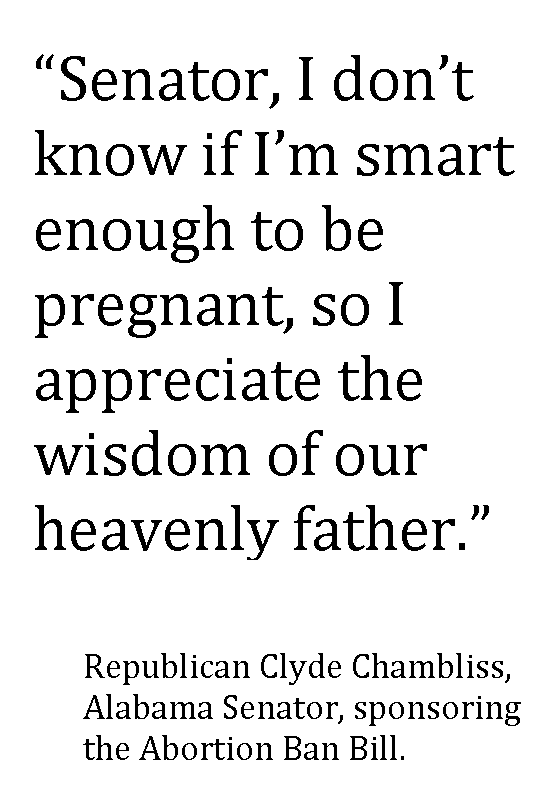
Church and the Corporation
Societies, therefore, are not really allowed to become truly secular – ironically, under the guise of religious “freedom” – the most deceptively named form of intellectual slavery and mass-poisoning of human conscience. The Elite have made sure Churches are given protection and unregulated reign to proselytize, indoctrinate, coerce, abuse, blackmail, brainwash, exploit the faithful and corrupt public life with reverence and impunity; the stoking of bigotry, jingoism, fear, frustration, prejudice and hatred in the public mind serves their agenda. By division and conquer, by religion infiltrating the classroom and hijacking education, church and state can control public opinion, effectively groom future voters (and consumers) since childhood and herd the adult electorate. It’s a two-way street and a self-serving strategy, as public representatives who relied on those strategies to get into office are guaranteed to maintain the electoral laws and voter suppression that secure the corrupt system in perpetuity.

That is why churches are tax-free and subsidized, why cults and preachers allowed to defraud, control and manipulate the sheeple: why the agents of patriarchy are free to employ hate speech and propaganda and the establishment media outlets promote intolerance, racism, homophobia, misogyny, persecution and dehumanization of women, of the LGBT+ community, minorities, refugees and everyone else – including objective journalism – that the status quo labels as “Enemy of the People”; that is why they are pro- genital mutilation (circumcision*), abstinence, “purity“-pledging (to daddy) and virginity, sanctity & personhood of the fetus, forced pregnancy and birth, child abuse by religious indoctrination that preserves male superiority, but against social justice and duty of care; churches deliver justification of rape, domestic abuse and incest, genocide, state terrorism, police brutality, preventable disease, social neglect and inequality as “God’s will”, criminalizing the victims and those who dare protest. (One wonders, if God allows rape to happen, as he allows innocent children to get cancer, why can’t it be argued that he also allows abortions, as millions of miscarriages and legal abortions take place daily around the globe? But of course, neither reason nor irony are effective arguments against irrational beliefs).
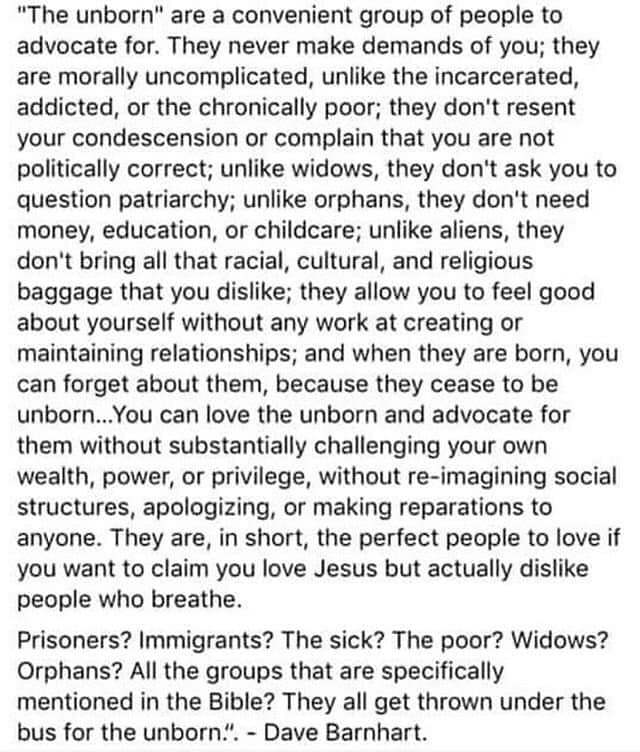
Patriarchal churches and especially white Christianity and the “Judeo-Christian” values are protected because they enable and provide excuses for a host of other crimes and injustices: by the hijacking or replacing secular education, pushing creationism, superstition and hostility towards science and fact-checking of information, by support of deregulation and biased media spreading misinformation, the public is blindfolded and sleepwalked to apathy towards totalitarianism, famine, poverty, energy wars, the Zionist state genocide and land-grabbing, destabilization and interventionism, child brides, child rape, child prostitution and arranged marriages, trafficking, slavery & sexual slavery cults, corruption, murder, violence, environmental catastrophe, blatant disregard of international treaties and law; above all, the invaluable services they offer to the establishment in return for their preferential status, these “Good Shepherds” have a unique license to interfere with democracy, legislation, justice, independent thought and the free will of the citizens, by dictating to the congregation whom they should vote for. It’s an ideal symbiotic and synergistic relationship of two parasitic bloodsuckers feeding off humanity and the rest of the natural world, which they are destroying for profit.
This is de facto Theocracy, serving and profiteering from Plutocracy, for the mutual gain of both.
Of course, if we look at statistics and facts, the numbers of unplanned pregnancies and abortions are much lower in the least religious, liberal and sexually liberated societies, where children are not raised with the concepts of sin, shame or guilt about sex: where good education and sex education in particular, contraception and abortion are freely available, where young people of all genders and identities are raised as equals and encouraged to discuss, at home and in the classroom, and adequately prepare themselves for safe sex .
But the religious far right is not really looking for ways to protect the unborn: Equality, sexual liberation, fairness, knowledge, facts, science, healthcare, a tax system that serves the common good, are their puppetmasters’ worst nightmare. So the in Christian Caliphate, the religious Taliban have crawled out from under their Dark Ages rocks to overturn Roe v. Wade, with the help of Chief Justice Kavanaugh, re-elect Trump and complete the wall that separates them from sanity.
Religious rape
The American public is expected to bleed financing and fighting wars around the world to protect the very “freedoms” and “democracy” they are increasingly denied at home; refugees and Muslims are blamed for threatening the “western values” while more than two hundred thousand little girls and boys have been legally raped and married against their will in the USA just in the last fifteen years, all in the name of “religious customs“. These customs and traditions, like male genital mutilation, have been allowed to become public policy, law and medical practice. It’s interesting to note here that male circumcision, one of the innumerable ways religions interfere with health and sexuality, may reduce penis sensitivity and sexual pleasure; if so, it could be argued that, among other consequences, it could be a motive in the reluctance of circumcised men to use condoms and instead rely on women for birth control. (Read more about the issue here).

So much for the sacred life of the fetus: the fetuses in the lab (fertilized eggs on Petri dishes, whose lives according to the Republicans “have begun at conception”) don’t count. The religious right does not want to protect the unborn – it’s the womb they want to control. They are not Pro-life but Anti-Women.
It should be obvious to all, regardless of their sex and gender, what rogue capitalism (Corporate Plutocracy) and patriarchy want. It should be clear that the War on Women is just one of the items on the agenda of Theocratic Tyranny that includes Perpetual War, War on the Environment, Human Rights, Equality, Justice, Freedoms, Peace, War on Life on Earth as we know it, in effect.
It should be evident that to deny regression back to the Dark Ages, it is Capitalism and Religion that must be regulated, the way they are regulated and not allowed to become rogue and destructive, in the happiest societies on Earth. Personal faith is a right. Religious indoctrination, proselytizing and dictating public policy is not.
It’s Eros versus Death, again
We are all in this struggle for sanity and survival: the Establishment threatens all of humanity and planetary life with Climate Apocalypse and Annihilation. The Orange Fürher and his Reichswehrminister, John Bolton, are doing their damnest to provoke Iran into War. Trump is motivated by fear about his reelection, Bolton by the fear he will never have another opportunity to satisfy his lust for Death (of others).
Of course, all this could have been avoided: a Democrat could have been POTUS if the DNC hadn’t royally screwed Sanders in 2016, if the progressives had turned up at the ballot boxes, if the Electoral College hadn’t overturned the popular vote. And there’s a lesson to be learned from that, but I doubt the American electorate has learned it. The lesson is simple – you can’t have equal rights without a progressive agenda: any attempt to fight back against this assault on women is bound to fail, if the underlying conspiracy of plutocrats and Christian zealots to strangulate progress and suffocate resistance is not addressed head-on. Without holding news outlets accountable when they broadcast bigotry and propaganda instead of facts, without taking Faith out of the classroom and Corporate money out of politics, everyone, women, men, and our children’s future are under threat.
In the meantime, and until the 2020 election in America, rational men and women have to once more take to the streets, lobby, protest, legally challenge and overturn these Handmaid’s Tale nightmares from becoming reality and spreading further. With Trump not impeached, he has a good chance to return to the White House for a second turn, as good a chance as the Brexiteers have in destroying the UK. These two evils combined, with the help of Bolsonaro and the other Dystopian forces on the rise, it would take a massive effort worldwide to avert the worse case scenarios. To put it bluntly, the Planet can’t afford a second term of Trump – or any other establishment puppet – driving the bus.
I would like to hope that with young radicals like Greta Thunberg and her young revolutionaries, Alexandria Ocasio-Cortez and her Green New Deal and all the progressive movements around the globe, we might be able to keep our dreams alive long enough to buy some precious time for the future generations.
I have more faith that pigs might fly, however.
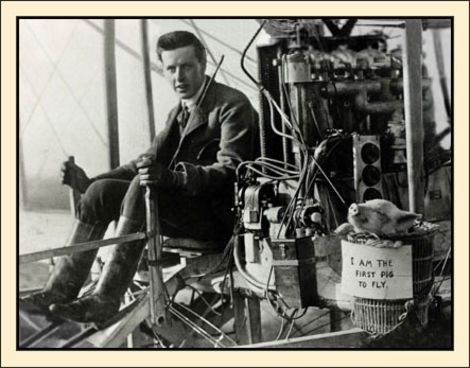
the first pig to officially fly



